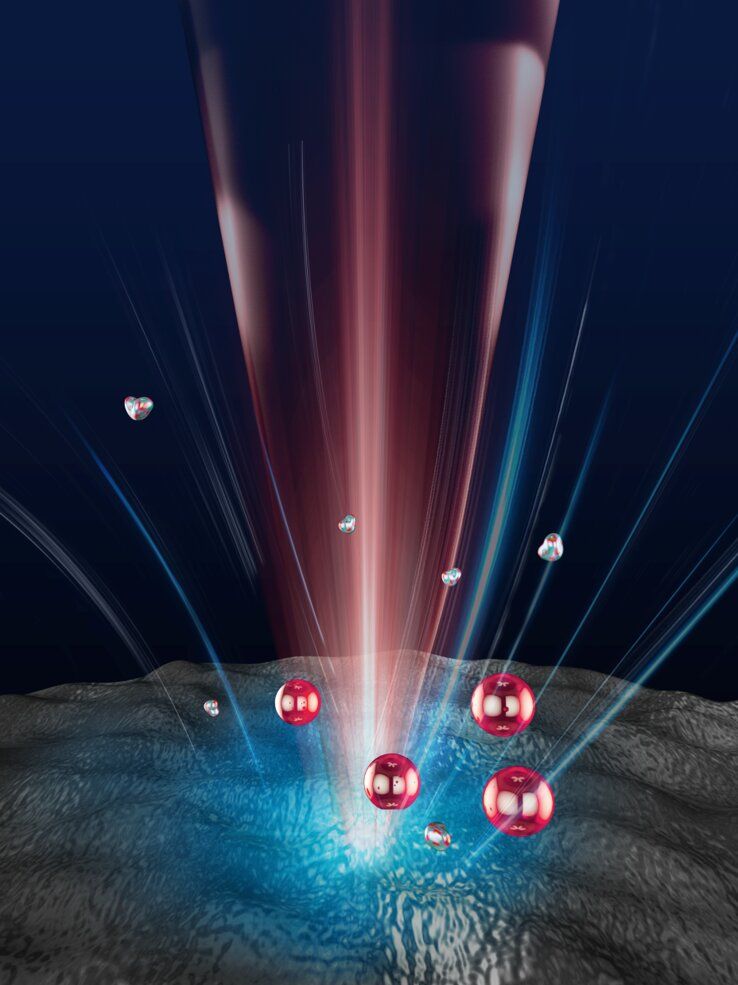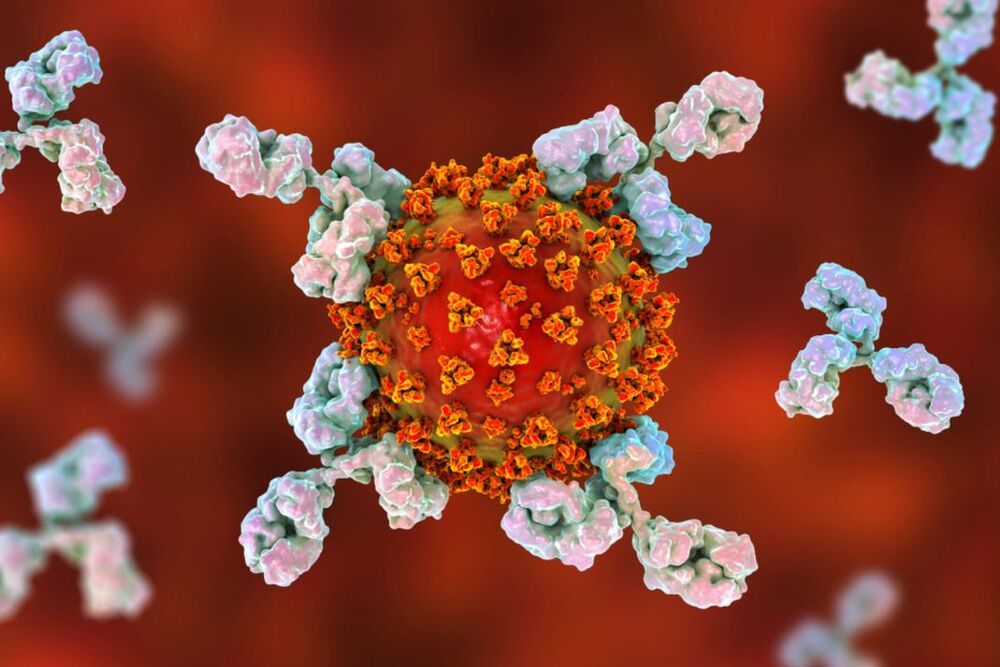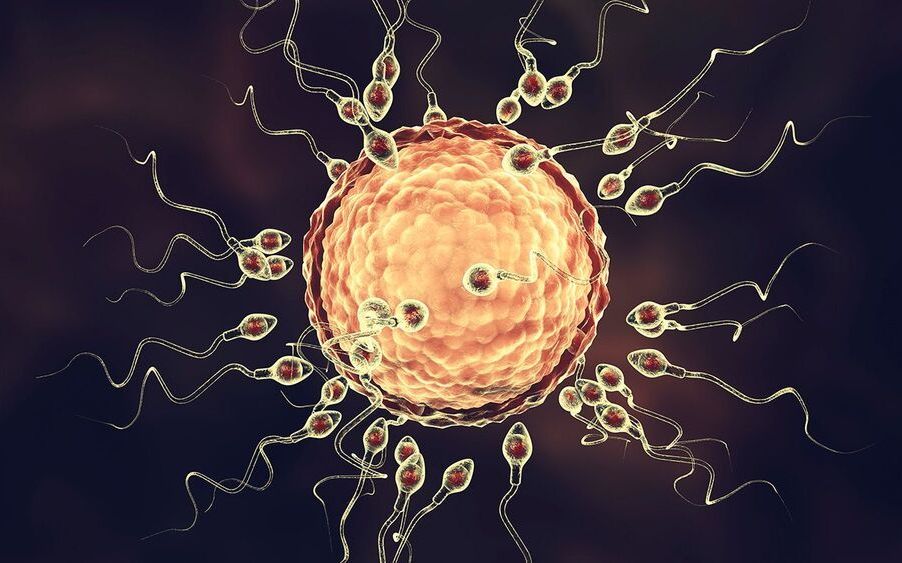Rapamycin consistently shows lifespan extension in mice and in my opinion, is the most exciting molecule to possibly extend healthspan in humans. This video dives into the data.
Thanks for watching, I hope you enjoyed the content and found it genuinely useful.
Please consider supporting the channel by signing up to Patreon:
https://www.patreon.com/drbradstanfield.
My supplement stack: http://bit.ly/39vRnXX
Discount Code – CheckWithYourDrFirst.
NMN 1g (once I’m in my late 30s, if cheaper than NR): https://bit.ly/353kJLx.
TMG 1g: https://bit.ly/388Ullq.
Apigenin 500mg — https://bit.ly/2Np6gDO
Fisetin 1g: https://bit.ly/3mkK8YK
Quercetin 1g: https://bit.ly/2PC3eh5
Hyaluronic Acid 200mg: https://bit.ly/2XaNd1y.
Melatonin 300mcg: https://bit.ly/3b6f2jO
Berberine 1g (if I couldn’t get metformin): https://bit.ly/3ne4txR
Biological Age Test Kit: https://bit.ly/3og8WBh.
Discount Code – CheckWithYourDrFirst.
The other supplements I take are found here:
http://amzn.to/3o2ULOV
Join me over on Twitter:





